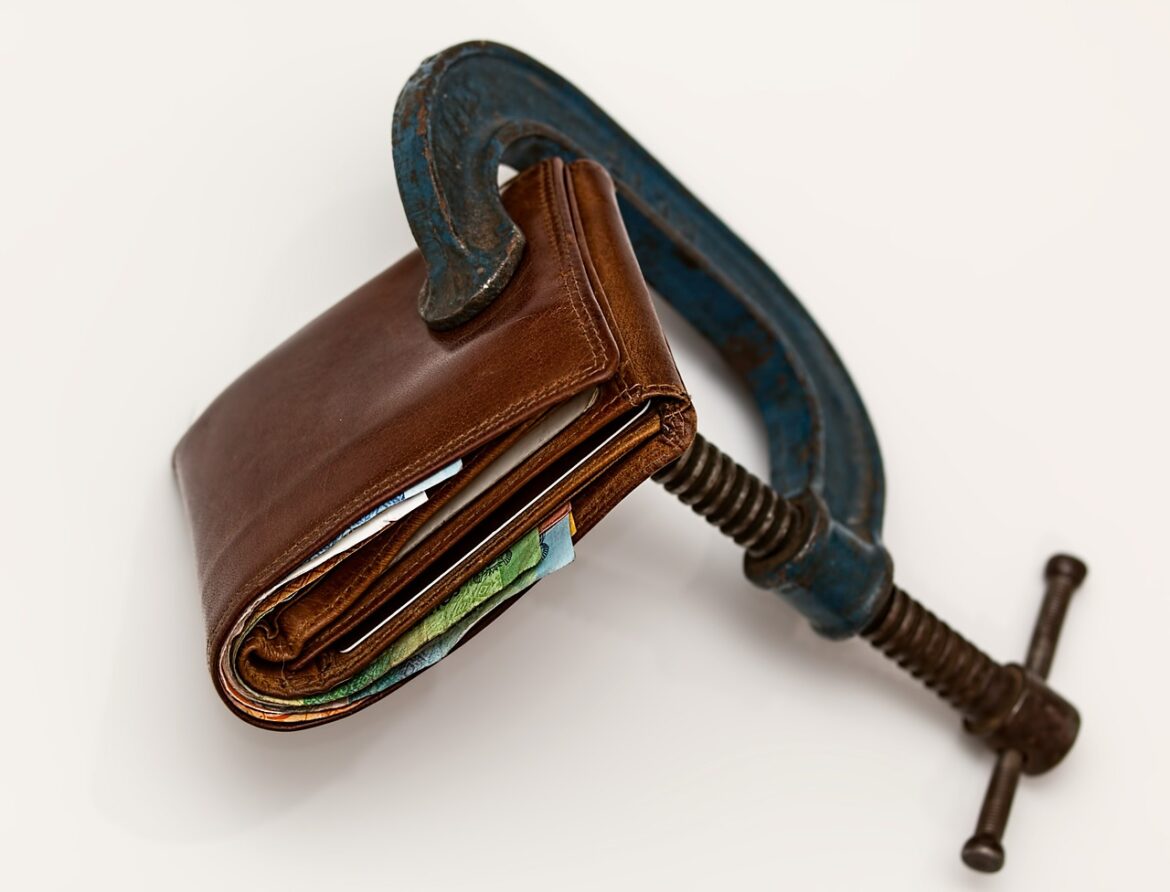If the day has come for your spouse and you to take separate ways, it may cost you. Divorces can be very stressful, emotionally and personally devastating, but expensive as well, especially if you’re sloppy with your finances and haven’t protected yourself. This is one of the worst situations to experience stress due to money problems, so keeping a close eye on your financial situation and maintaining its stability is an important step to take when going through a divorce. Don’t fail to tie up loose ends, if you want to enjoy a good financial future once you’re on your own. This is what you can do to protect your finances during a divorce.
1. Close joint accounts
Joint accounts, such as bank accounts and credit cards, should be closed after the divorce is finalized. Once you decide to get divorced, you and your spouse will need to close the card, if you’re joint account holders, and create a plan to pay off the debt separately. If you were an authorized user on a credit card owned by your spouse, ask to be removed by calling the issuer (in case the account holder forgets to call first). Next, open your own credit card or other lines of credit, as you’ll need an account open to protect your credit. This may help you avoid awful surprises and will help protect the credit of both parties.
2. Change passwords
Make sure to change passwords for each of your accounts, if you and your spouse shared them. If you’ve given your ATM identification number to your partner, don’t forget to change it, so he or she can’t withdraw any money on your behalf. This is very important when it comes to financial accounts, so act quickly and change all your passwords as soon as possible.
3. Spend less
After going through an emotional and stressful divorce, you may be tempted to drift away from your usual spending habits. This urge is something that you must resist to because engaging in retail therapy will bury you deeper in debt, and cause you more headaches. During a divorce period, people tend to make bad financial decisions, as they are unable to think clearly due to emotional instability. Develop a budget and stick to it, no matter what.
4. Revise your budget
The financial future that awaits you know, because you’ll be living on one income, will look much different. Your income has been reduced, there’ll be less money to spend, so certain adjustments have to be made. Start by developing a budget – you can do it by yourself, or by getting help from a professional financial planner, in order to set realistic financial goals and stick to them.
5. Collect documentation
Collect everything you can, because documentation is crucial when it comes to dividing assets. Get copies of the last 3-4 years’ worth of financial statements, from both individual and joint accounts. This is important if your soon-to-be-ex partner makes large purchases with the money from your joint account before the divorce is finalized. Documentation is key to proving that those purchases were made during the divorce process.
6. Don’t hide your assets
It often happens that people try to hide their assets, hoping it would go unnoticed and they’ll get to keep them. However, by doing this, you’ll be messing with the law and risk to be penalized (if discovered). These penalties can include serious monetary sanctions, as well as losing credibility in court during the divorce process. By declaring all your assets upfront, you’ll be protecting your finances and avoid penalties. Another way for keeping certain assets is to buy out your spouse’s share of property before you get to divide assets, and it’s usually done for real estate properties.
7. Consult a divorce attorney
Having an experienced divorce attorney by your side is a good idea even if you anticipate your divorce to be peaceful and amicable. A divorce lawyer will be able to steer you away from the common financial mistakes people make when going through a divorce, and save you from spending more than you have to. In case a financial dispute does arise, your attorney will be able to represent you in court and protect your rights.
Protecting your finances as much as possible is important when going through a divorce, no matter how amicable the process may be. The actions taken by you and your soon-to-be-ex can have serious implications for your credit if you’re not careful. It’s well known that divorce can bring out the worst in people, so you need to get educated on all the possibilities and traps that may encounter you on this road, and ensure not to lose out financially.



